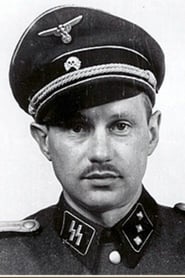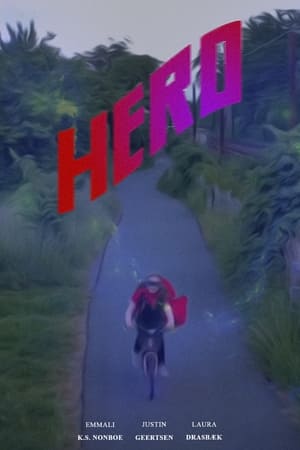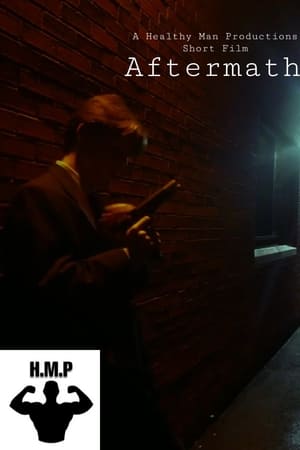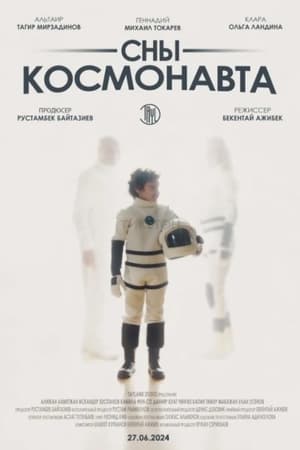
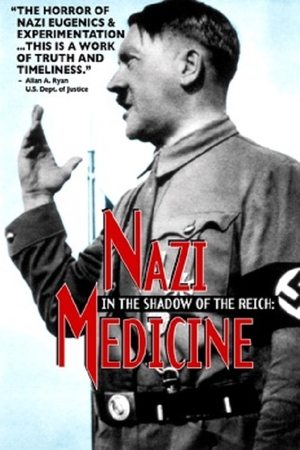
In the Shadow of the Reich: Nazi Medicine(1997)
Examines the step-by-step process that led German medical professionals down an unethical road to genocide.
Movie: In the Shadow of the Reich: Nazi Medicine
Top 10 Billed Cast
Narrator
Himself
Himself
Himself
Himself
Himself
Herself
Himself
Himself

In the Shadow of the Reich: Nazi Medicine
HomePage
Overview
Examines the step-by-step process that led German medical professionals down an unethical road to genocide.
Release Date
1997-12-09
Average
6.5
Rating:
3.3 startsTagline
Genres
Languages:
EnglishKeywords
Recommendations Movies
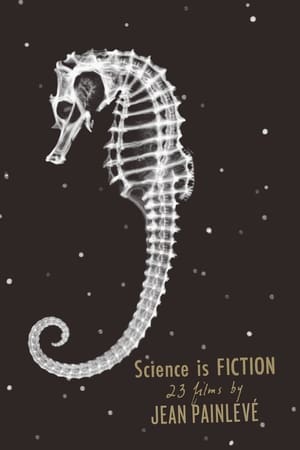 6.0
6.0Jean Painlevé Through His Films(fr)
This documentary about the life and work of filmmaker Jean Painlevé was originally presented in eight parts on French television. It was edited to remove duplicated material from its original length of 240 minutes.
Six: Inside(en)
Delves deep into the anxiety, thrill and uncertainty of six aspiring animation artists as they are plunged into the twelve-week trial-by-fire that is the NFB's Hothouse for animation filmmakers.
 3.3
3.3Cold Hard Cash(en)
Watch what happens when two beautiful bad girls with no option are put in a desperate situation.
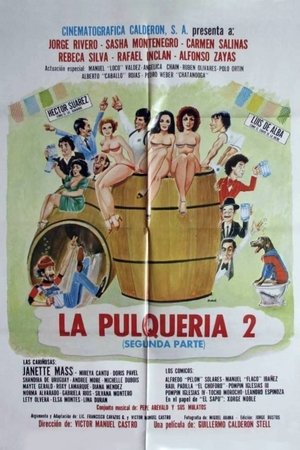 6.4
6.4La pulquería 2(es)
In this second part, the devil (Alfonso Zayas) returns to earth in search of a cure for his loss of masculinity; while Gerardo (Jorge Rivero), the rich and handsome character, continues to seduce his beloved.
 7.8
7.8Legend of the Galactic Heroes: My Conquest Is the Sea of Stars(ja)
For the past 150 years, humanity’s two greatest nations have been deadlocked in a meaningless war. In what is hoped to be a miraculous victory, the Alliance embarks on a battle to break through the Empire’s frontline. Like many other “decisive” battles, this can only end in disaster; a sentiment shared by Imperial nobleman Reinhard von Lohengramm and Alliance Commodore Yang Wen Li, both of whom realize how to turn the fight in their favor. And while the tides of war may never change, these two men must rise to the occasion, solidifying their place in history as heroes.
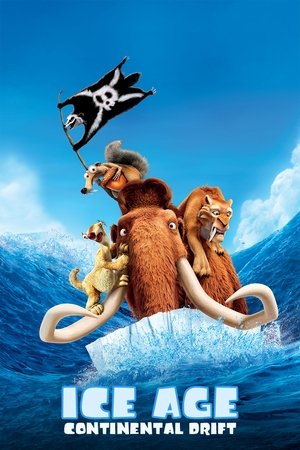 6.4
6.4Ice Age: Continental Drift(en)
Manny, Diego, and Sid embark upon another adventure after their continent is set adrift. Using an iceberg as a ship, they encounter sea creatures and battle pirates as they explore a new world.
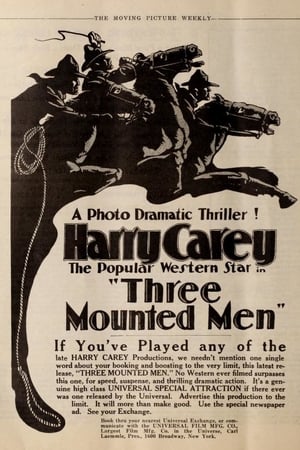 4.5
4.5Three Mounted Men(en)
Fellow convicts Cheyenne Harry and Buck Masters become even more bitter enemies when Buck agrees to tamper with the prison's books for the warden's greedy son.
 5.8
5.8The Pointer(en)
Mickey and Pluto go hunting for quail. Pluto scares away the first ones they see; Mickey scolds him, then relents. He shows Pluto how to be a pointer, and they set off after another quail, but Mickey accidentally jumps on a bear's nose, and thinks it's Pluto. Meanwhile, Pluto finds the quail and points. The babies climb on board and start picking at his hairs, but Pluto's been told not to move. Mickey finally comes across Pluto, who by now is covered by small animals, and realizes he's being followed by a bear. Mickey tries to reason with the bear, and backs off a cliff, onto Pluto.
 5.0
5.0Floating Like Oscar(en)
A short film shot, edited, and published on February 7, 2025.
Pido - Bienvenue chez les Corses... Et bonne chance !(fr)
Il revient enfin sur scène avec un one man show intitulé : « Bienvenue chez les Corses et bonne chance ! »… Vous l’aurez compris, l’île de beauté est le thème principal de ce spectacle. Un voyage au cœur de la Corse que Pido nous propose avec son style inimitable. Que ce soit à travers des personnages que l’on connait déjà, ou à travers des « nouveaux venus », plus fous les uns que les autres, voici un spectacle qui raconte la Corse et les Corses et qui s’adresse à tout le monde.
 6.0
6.0The Call of Blood(ja)
Two brothers seek revenge on the yakuza responsible for the death of their father.
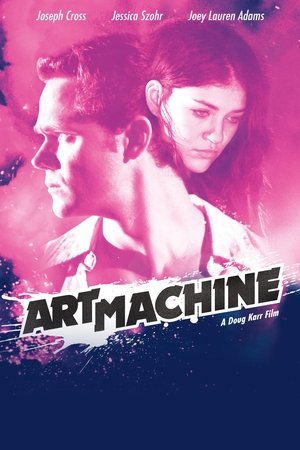 5.0
5.0Art Machine(en)
A teenaged prodigy painter preparing for his widely anticipated coming‐of‐age exhibition falters under pressure and slips off his medication. In his mania, he recruits a band of Bushwick rebel artists to take part in his progressively subversive show—one that will leave mouths agape.
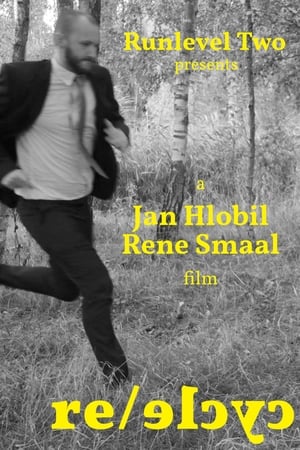 7.7
7.7Re/cycle(en)
With input from actor and writer Jan Hlobil, director and cinematographer Rene Smaal presents a film in the true surrealist tradition, in the sense that only 'found' elements were used, and that it defies interpretation based on ordinary cause-and-effect time sequence.
Similar Movies
 7.5
7.5The Killing Fields(en)
New York Times reporter Sydney Schanberg is on assignment covering the Cambodian Civil War, with the help of local interpreter Dith Pran and American photojournalist Al Rockoff. When the U.S. Army pulls out amid escalating violence, Schanberg makes exit arrangements for Pran and his family. Pran, however, tells Schanberg he intends to stay in Cambodia to help cover the unfolding story — a decision he may regret as the Khmer Rouge rebels move in.
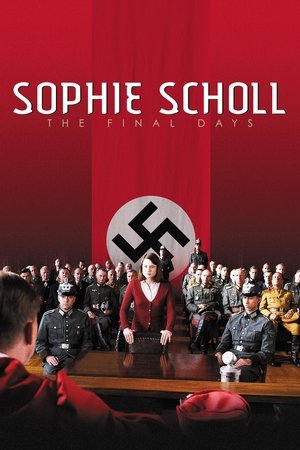 7.1
7.1Sophie Scholl: The Final Days(de)
In 1943, as Hitler continues to wage war across Europe, a group of college students mount an underground resistance movement in Munich. Dedicated expressly to the downfall of the monolithic Third Reich war machine, they call themselves the White Rose. One of its few female members, Sophie Scholl is captured during a dangerous mission to distribute pamphlets on campus with her brother Hans. Unwavering in her convictions and loyalty to the White Rose, her cross-examination by the Gestapo quickly escalates into a searing test of wills as Scholl delivers a passionate call to freedom and personal responsibility.
 6.4
6.4Hitler's Hollywood(de)
Film journalist and critic Rüdiger Suchsland examines German cinema from 1933, when the Nazis came into power, until 1945, when the Third Reich collapsed. (A sequel to From Caligari to Hitler, 2015.)
 7.7
7.7Hotel Rwanda(en)
Inspired by true events, this film takes place in Rwanda in the 1990s when more than a million Tutsis were killed in a genocide that went mostly unnoticed by the rest of the world. Hotel owner Paul Rusesabagina houses over a thousand refuges in his hotel in attempt to save their lives.
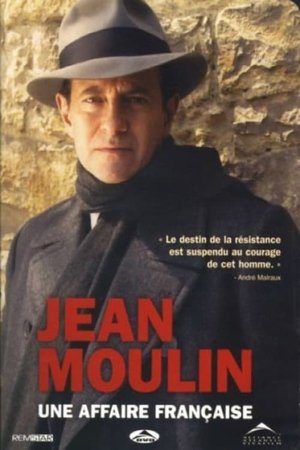 7.0
7.0Jean Moulin, une affaire française(fr)
Drama set in the Second World War, focused on Jean Moulin, hero, martyr and symbol of the French resistance and the patriotism during the dark years of Nazi occupation.
 6.1
6.1The Case of Bruno Lüdke(de)
The incredible story of Bruno Lüdke (1908-44), the alleged worst mass murderer in German criminal history; or actually, a story of forged files and fake news that takes place during the darkest years of the Third Reich, when the principles of criminal justice, subjected to the yoke of a totalitarian system that is beginning to collapse, mean absolutely nothing.
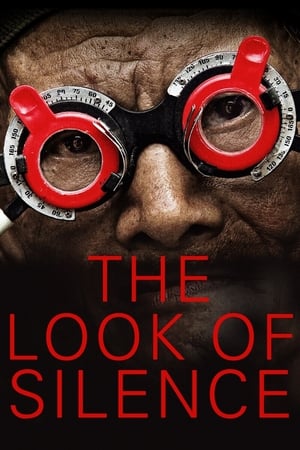 7.8
7.8The Look of Silence(en)
An optician grapples with the Indonesian mass killings of 1965-1966, during which his older brother was exterminated.
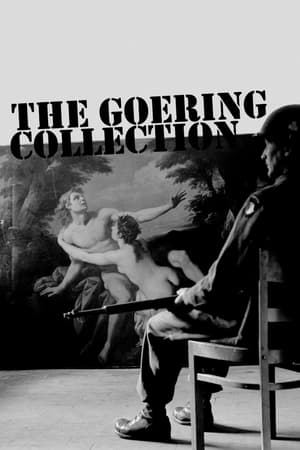 7.3
7.3Goering's Catalogue: A Collection of Art and Blood(fr)
For more than a decade, Reichsmarschall Hermann Goering, Adolf Hitler's right-hand man during the infamous Third Reich, assembled a collection of thousands of works of art that were meticulously catalogued.
 6.6
6.6Paragraph 175(de)
During the Nazi regime, there was widespread persecution of homosexual men, which started in 1871 with the Paragraph 175 of the German Penal Code. Thousands were murdered in concentration camps. This powerful and disturbing documentary, narrated by Rupert Everett, presents for the first time the largely untold testimonies of some of those who survived.
 7.5
7.5Fascism in Colour(en)
After the World War I, Mussolini's perspective on life is severely altered; once a willful socialist reformer, now obsessed with the idea of power, he founds the National Fascist Party in 1921 and assumes political power in 1922, becoming the Duce, dictator of Italy. His success encourages Hitler to take power in Germany in 1933, opening the dark road to World War II. (Originally released as a two-part miniseries. Includes colorized archival footage.)
 0.0
0.0Elie Wiesel Goes Home(hu)
A documentary chronicling the adolescent years of Elie Wiesel and the history of his sufferings. Eliezer was fifteen when Fascism brutally altered his life forever. Fifty years later, he returns to Sighetu Marmatiei, the town where he was born, to walk the painful road of remembrance - but is it possible to speak of the unspeakable? Or does Auschwitz lie beyond the capacity of any human language - the place where words and stories run out?
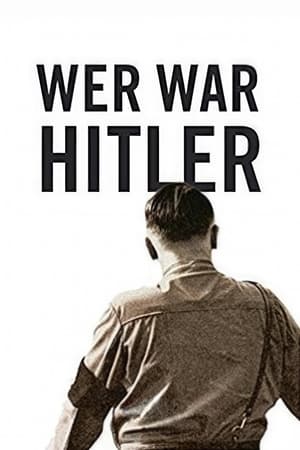 5.7
5.7Who was Hitler(de)
Hitler's biography told like never before. Besides brief historical localizations by a narrator, only contemporaries and Hitler himself speak: no interviews, no reenactment, no illustrative graphics and no technical gadgets. The testimonies from diaries, letters, speeches and autobiographies are assembled with new, often unpublished archive material. Hitler's life and work are thus reflected in a unique way in interaction with the image of the society in the years 1889 to 1945.
 6.5
6.5The Dead Nation(ro)
A documentary-essay which shows Costică Axinte's stunning collection of pictures depicting a Romanian small town in the thirties and forties. The narration, composed mostly from excerpts taken from the diary of a Jewish doctor from the same era, tells the rising of the antisemitism and eventually a harrowing depiction of the Romanian Holocaust.
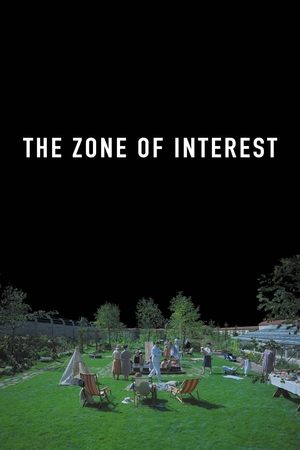 7.0
7.0The Zone of Interest(en)
The commandant of Auschwitz, Rudolf Höss, and his wife Hedwig, strive to build a dream life for their family in a house and garden next to the camp.
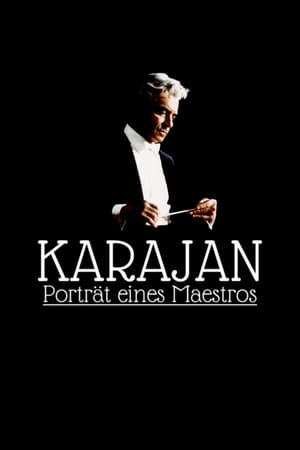 7.0
7.0Karajan: Portrait of a Maestro(de)
An account of the life and work of controversial German orchestra conductor Herbert von Karajan (1908-89), celebrated as one of the greatest musicians of the twentieth century.
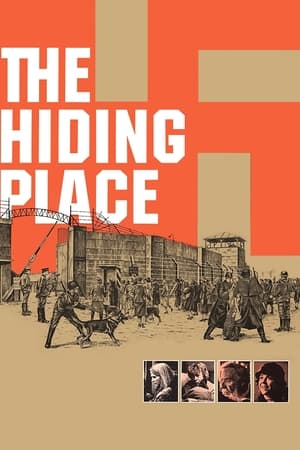 6.6
6.6The Hiding Place(en)
Corrie and Betsie ten Boom are middle-aged sisters working in their father's watchmaker shop in pre-World War II Holland. Their uneventful lives are disrupted with the coming of the Nazis. Suspected of hiding Jews and caught breaking rationing rules, they are sent to a concentration camp, where their Christian faith keeps them from despair and bitterness.
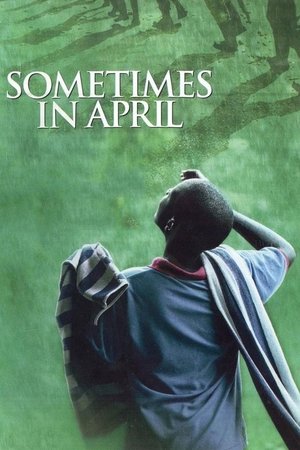 7.1
7.1Sometimes in April(en)
Two brothers are divided by marriage and fate during the 100 horrifying days of the 1994 Rwandan genocide.
Die Reichsautobahn - Strassen des Führers(de)
They were not only the largest construction project of the Nazi era, but above all the most popular: 80 years ago, work began on the Reichsautobahnen, whose myth still resonates today.
 6.9
6.9Architects of Denial(en)
Though both the historical and modern-day persecution of Armenians and other Christians is relatively uncovered in the mainstream media and not on the radar of many average Americans, it is a subject that has gotten far more attention in recent years.
 0.0
0.0Urlaub im Dritten Reich - Kraft durch Freude(de)
The National Socialist community "Kraft durch Freude" was a political organization with the task of organizing, monitoring and standardizing the leisure time of the German population. It is known today mainly as a vacation organization that practically brought mass tourism to Germany for the first time. The documentary shows private footage of travelers, film sequences from the Ministry of Propaganda as well as material from Eva Braun's film archive and thus provides a comprehensive insight into how vacations were organized in the Third Reich.
